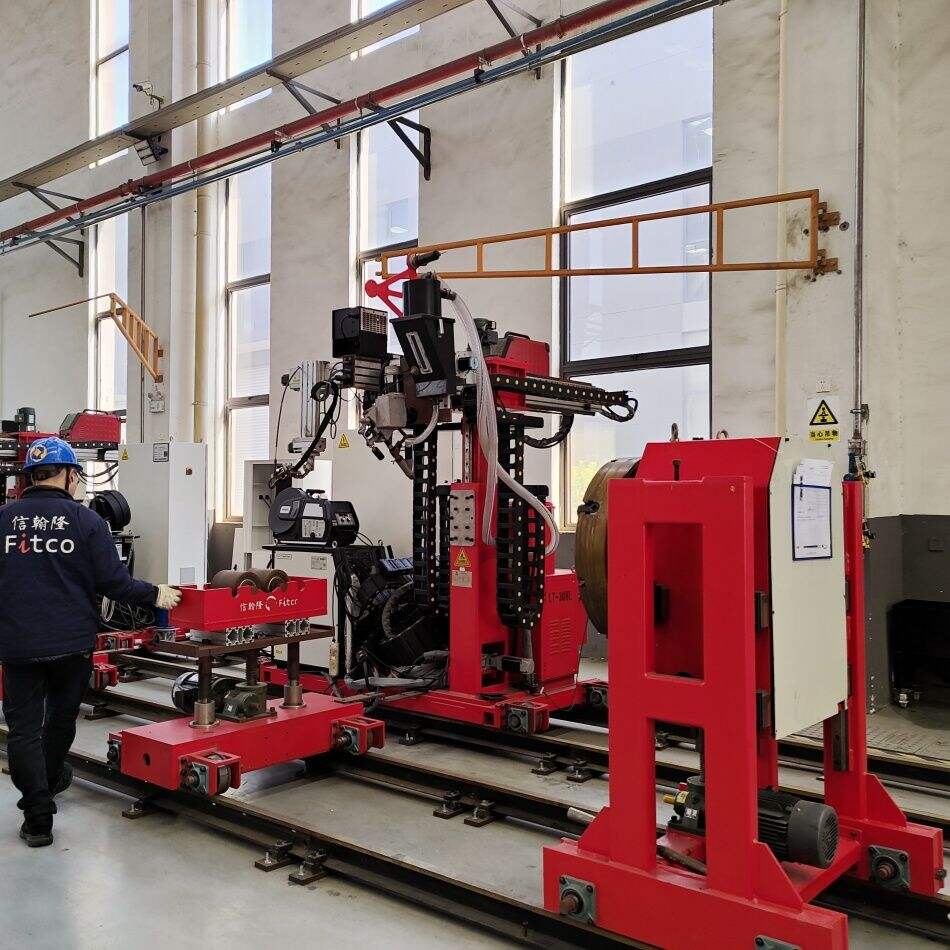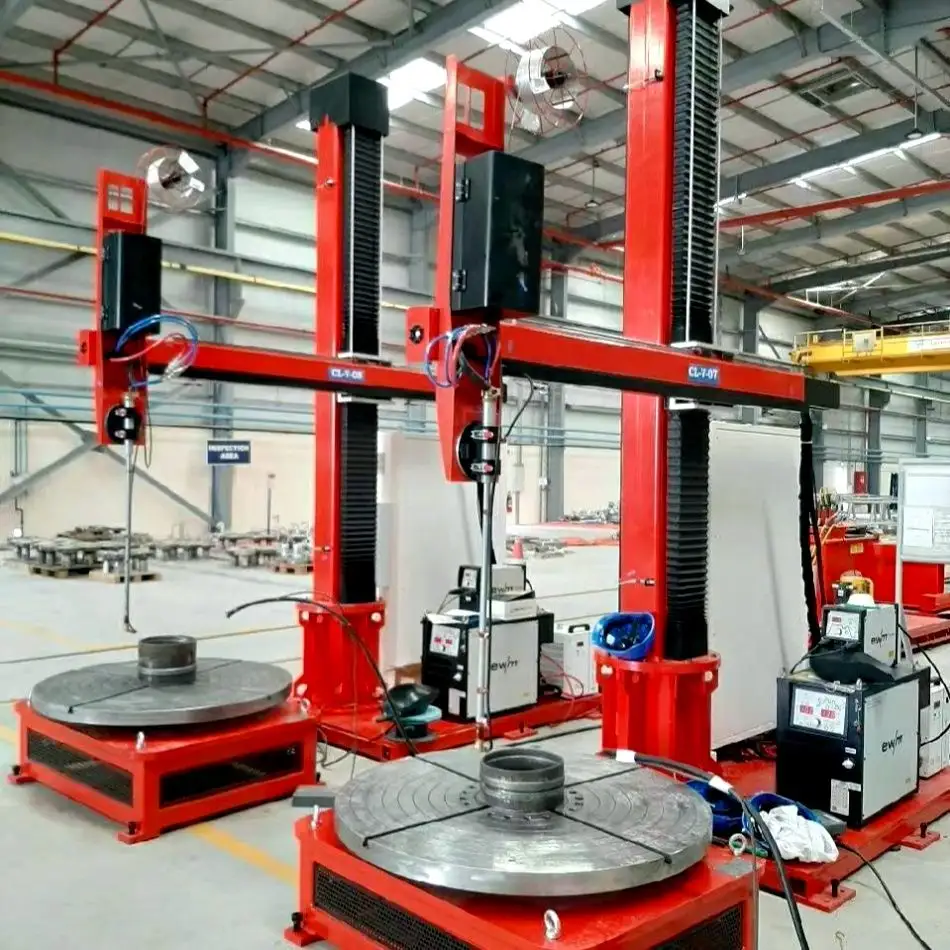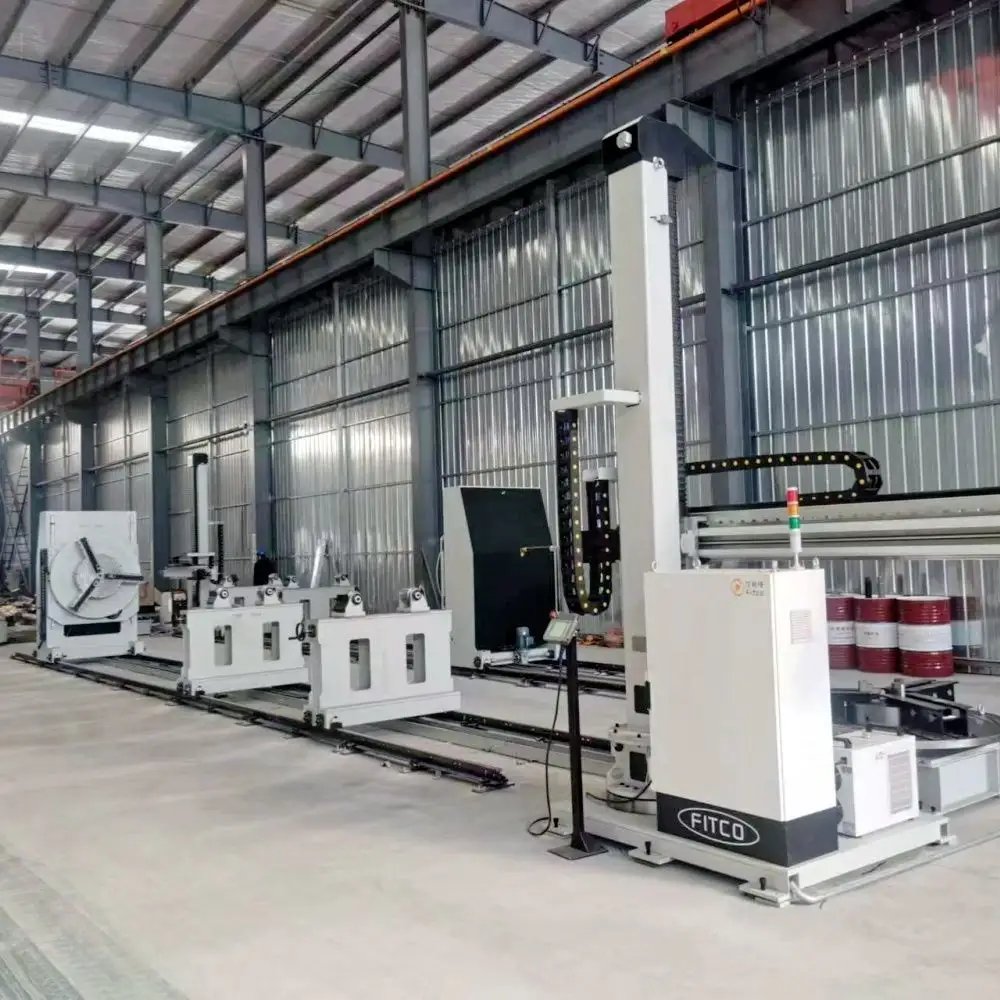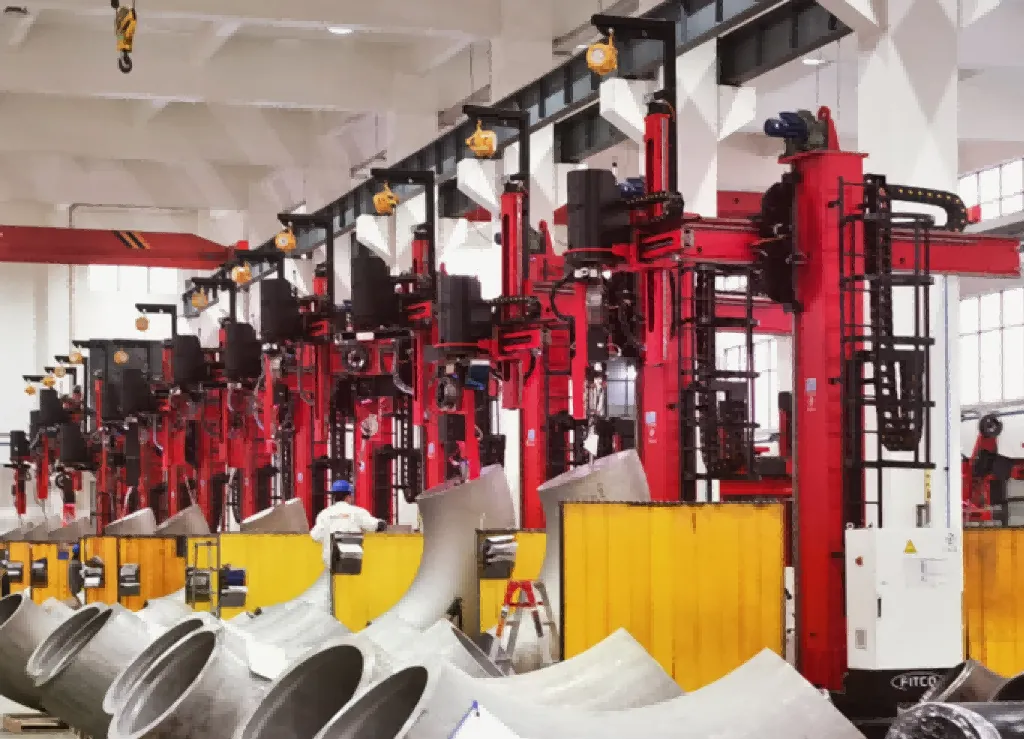Comprehensive Quality Assurance Systems
Quality assurance in the horizontal bore cladding system factory goes beyond standard industry practices, implementing a multi-layered approach to product verification. Each component undergoes rigorous testing at multiple stages of production, including pre-cladding material analysis, in-process monitoring, and post-cladding inspection. Advanced non-destructive testing methods, including ultrasonic testing, magnetic particle inspection, and radiographic examination, ensure the structural integrity of every clad component. The factory maintains detailed quality records for each production batch, providing complete traceability and documentation for customer quality requirements. This comprehensive approach to quality control ensures consistently high-quality products that meet or exceed industry standards.

 EN
EN
 AR
AR BG
BG HR
HR CS
CS DA
DA NL
NL FI
FI FR
FR DE
DE EL
EL HI
HI IT
IT JA
JA KO
KO NO
NO PL
PL PT
PT RO
RO RU
RU ES
ES SV
SV TL
TL IW
IW ID
ID LT
LT UK
UK SQ
SQ HU
HU TH
TH TR
TR FA
FA AF
AF CY
CY MK
MK LA
LA MN
MN KK
KK UZ
UZ KY
KY



